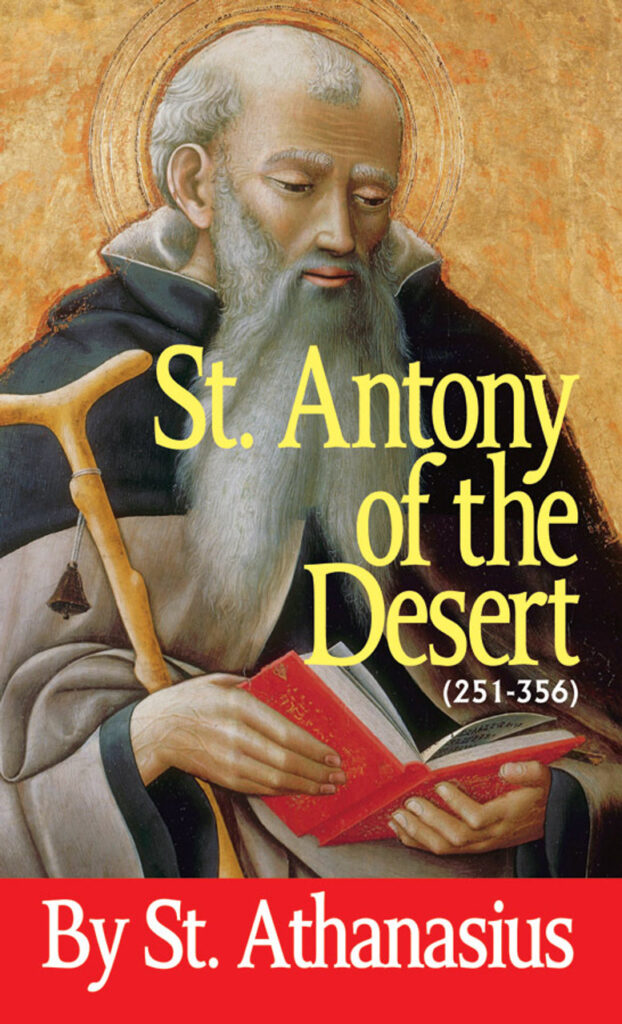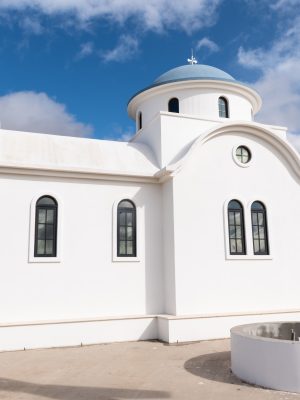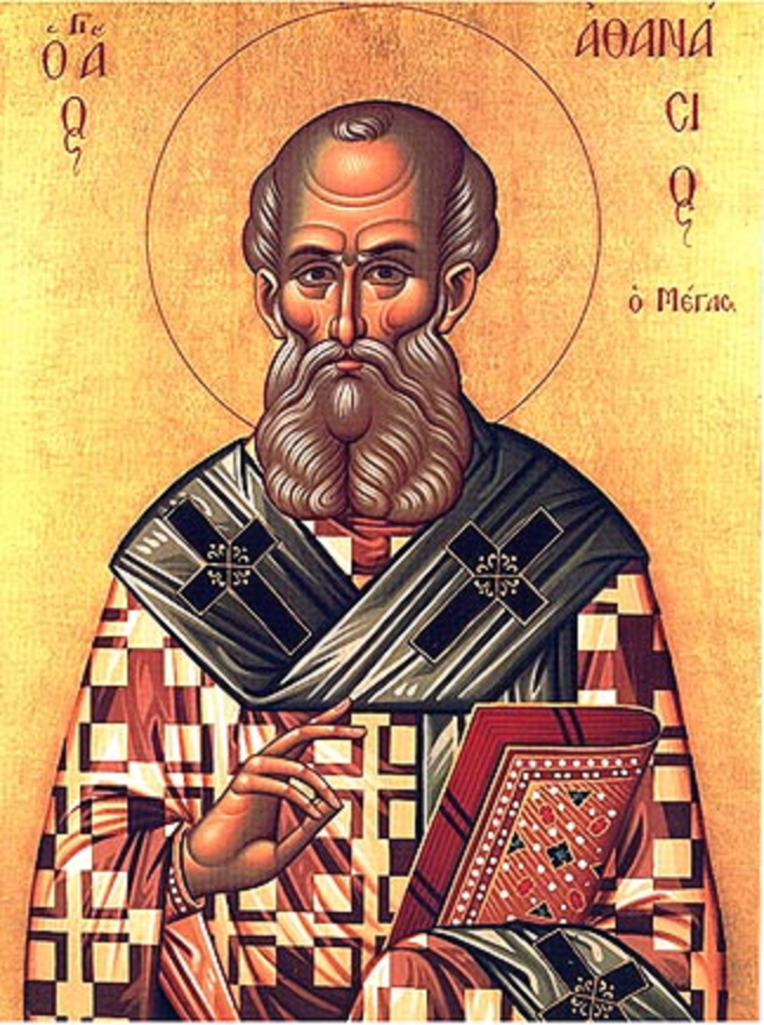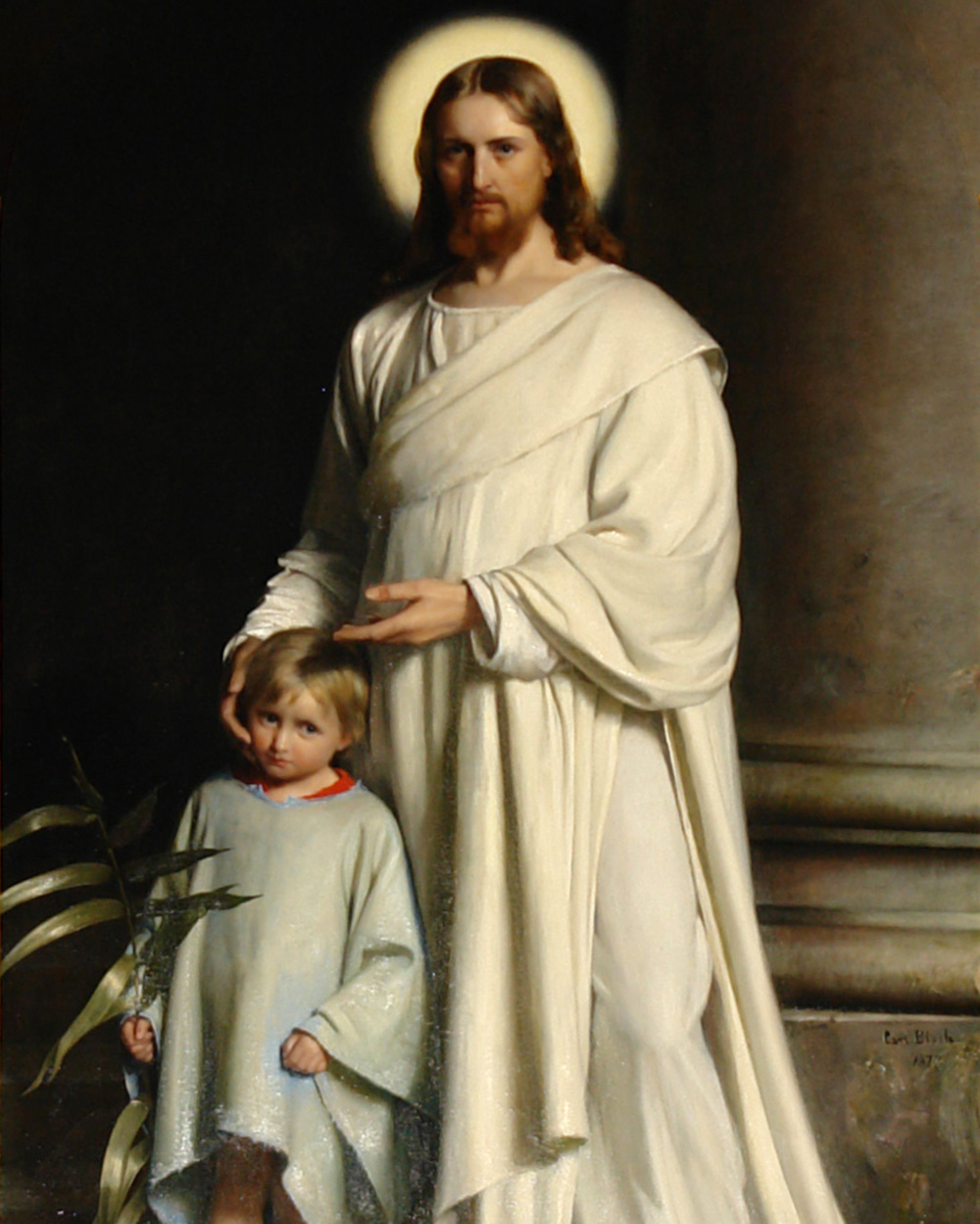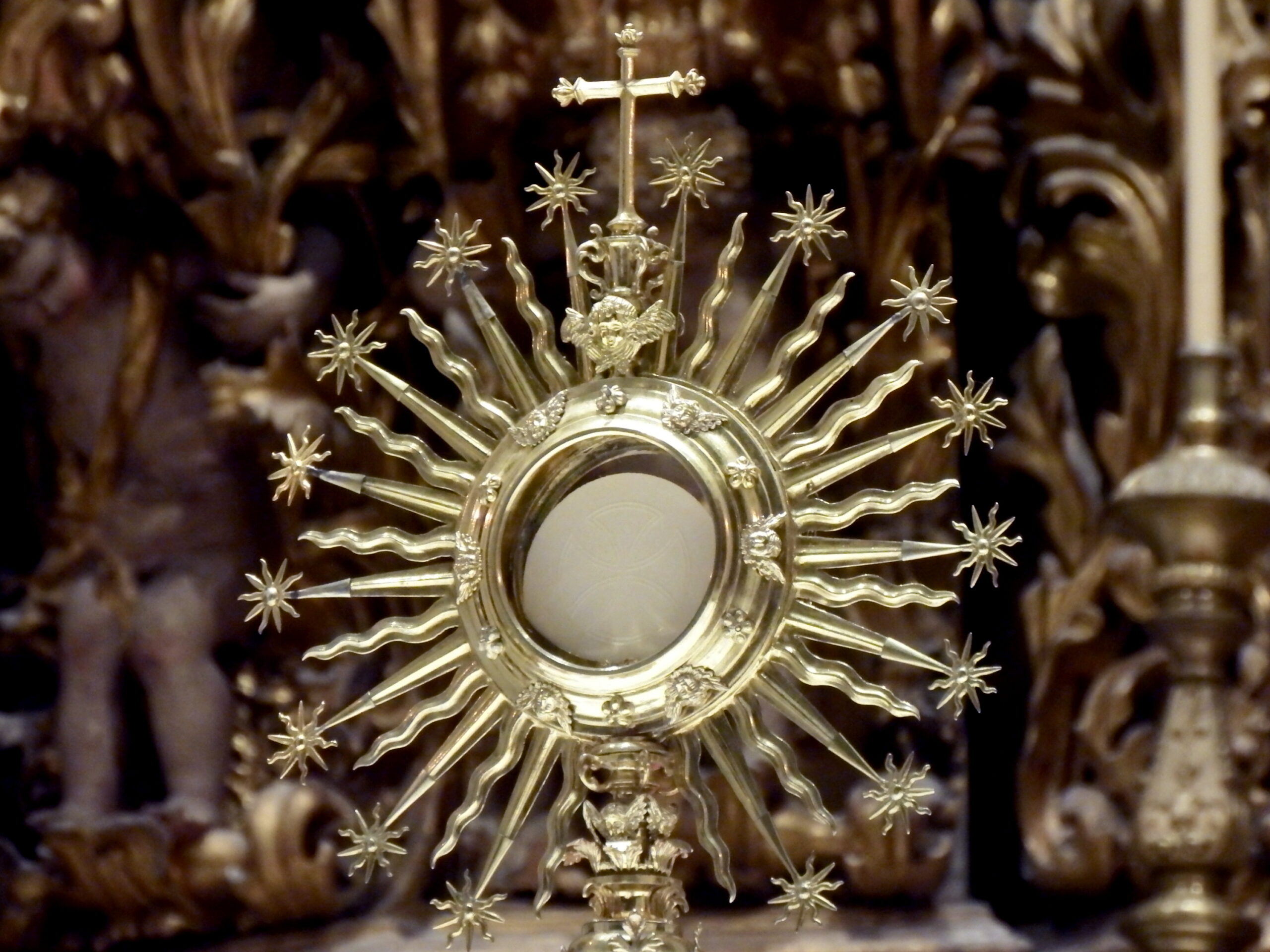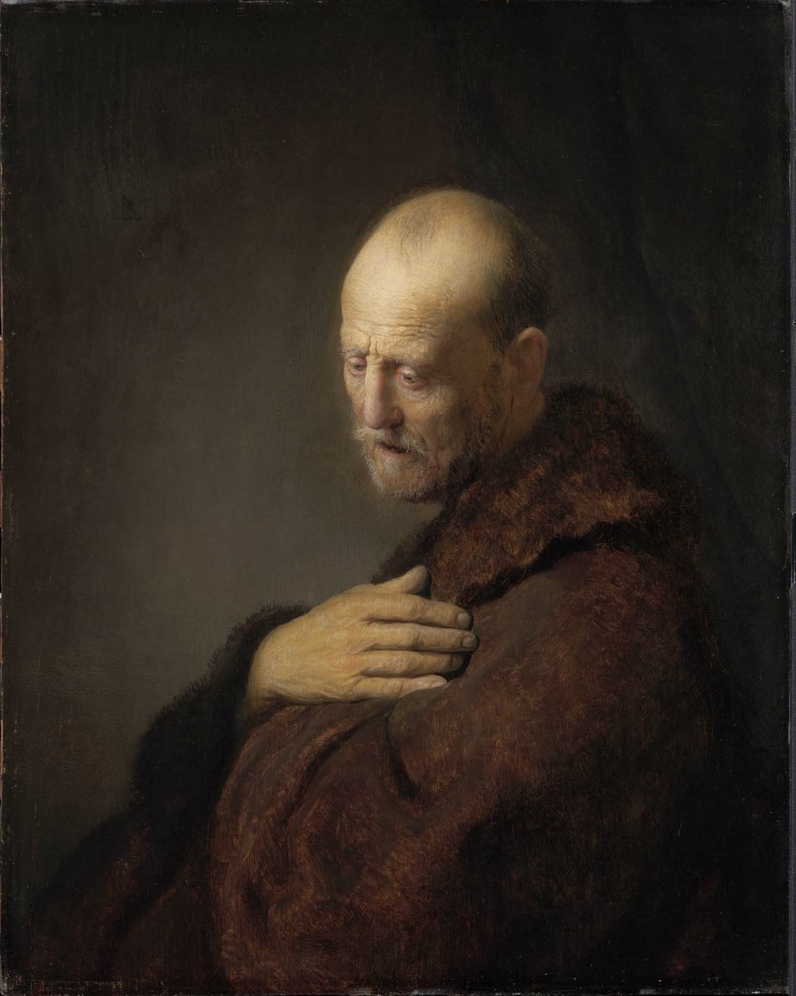Such was the life of Antony. We must not disbelieve when all these wonders are wrought through a man. For it is the promise of the Savior, who said: “If you have faith as a grain of mustard seed, you shall say to this mountain, depart hence, and it shall depart; and nothing shall be impossible to you” (Matt. 17:19).
And again: “Amen, amen I say to you, if you ask the Father anything in my name he will give it to you. Ask and you shall receive” (John 16:23-24). And it is He who said to His disciples and to all that believe in Him: “Heal the sick; cast out devils; freely you have received, freely give” (Matt. 10:18).
Antony healed, therefore, not as one commanding, but praying and using the name of Christ, so that it was plain to all that the doer was not he, but the Lord, who through Antony showed His tenderness for men and healed the sufferers. Only the prayer was Antony’s, and the ascetic life for the sake of which he had settled on the mountain, glad in the contemplation of heavenly things, grieved that so many disturbed him and dragged him down to the outer hills.
For the judges all wanted him to come down from the mountain, since it was impossible for them to go there because of the pleaders who followed them. But they asked him to go that they might only see him. He disliked and declined the journey to them. But they would hold their ground and send the prisoners up to him with soldiers, that by reason of these, he might perhaps come down.
So being constrained and seeing them lamenting, he used to go to the outer hills, and his toil was not wasted, for to many he was a help and his coming a benefit. He helped the judges, counseling them to value justice above all else and to fear God and to know that with what judgment they judge, with such shall they be judged (Matt. 7:2). Yet he loved his abode in the hills above the other.
Once when he was thus constrained by those in need, and the officer of the solders had begged him by many messengers to come down, he went and discoursed a little on matters of salvation and on their own needs, and then was hastening back. On the captain asking him to stay longer, he answered that he could not be long with them and satisfied him by a beautiful comparison, saying,
“As fish that are long on dry land die, so monks who linger among you and spend much time with you grow lax. Therefore, we have to hasten to the hills as the fish to the sea, lest if we linger, we should forget the inner life.”
The officer who heard this and much more from him said in admiration that surely this was a servant of God, for whence came wisdom so high and so great to a mere man, unless he were beloved of God?
[…]
In such wise did he warn the cruel. But others who came to him he brought to such a mind that they forgot straightaway their disputers at law and esteemed those blessed who withdraw from the world. But if any were wronged, he defended them that one would think that he himself, and not the other persons, had been wronged. He had such influence for good over all, that many who were soldiers and many of the wealthy laid aside the burdens of their life and became monks.
He was, in fact, like a healer given to Egypt by God. For who went to him in sorrow and did not return in joy? Who came mourning for his dead and did not quickly put aside his grief? Who came in anger and was not changed to kindness? Who sought him desperate in his poverty, and hearing him and seeing him, did not learn to despise wealth and take comfort from poverty? What monk grown careless but became stronger from visiting him? What youth ever came to the mount and looked on Anthony but soon renounced pleasure and loved self-denial? Who came to him tempted by devils and was not freed? Who came with troublous thoughts and gained not peace of mind?
For this was another great thing in Anthony’s holiness, that having, as I have said, the grace of discerning spirits, he knew their movements and was not ignorant to what object each of them leans and impels. And not only was he himself not befooled by them, but others who were beset in their thoughts he taught how they might defeat their snares, explaining the weakness and the wickedness of the tempters. Each, therefore, as though anointed by him for the fight, went down emboldened against all the contrivings of the devil and his demons.
Again, how many maidens who had suitors, seeing Antony only from afar, remained virgins for Christ? From foreign lands, too, men came to him, and having received help with the rest, returned as if sent forth by their father. And since he died, all are like fatherless orphans, comforting each other with the bare memory of him, and cherishing his teachings and his counsels.
This article is taken from a chapter in St. Antony of the Desert by St. Athanasius which is available from TAN Books.
